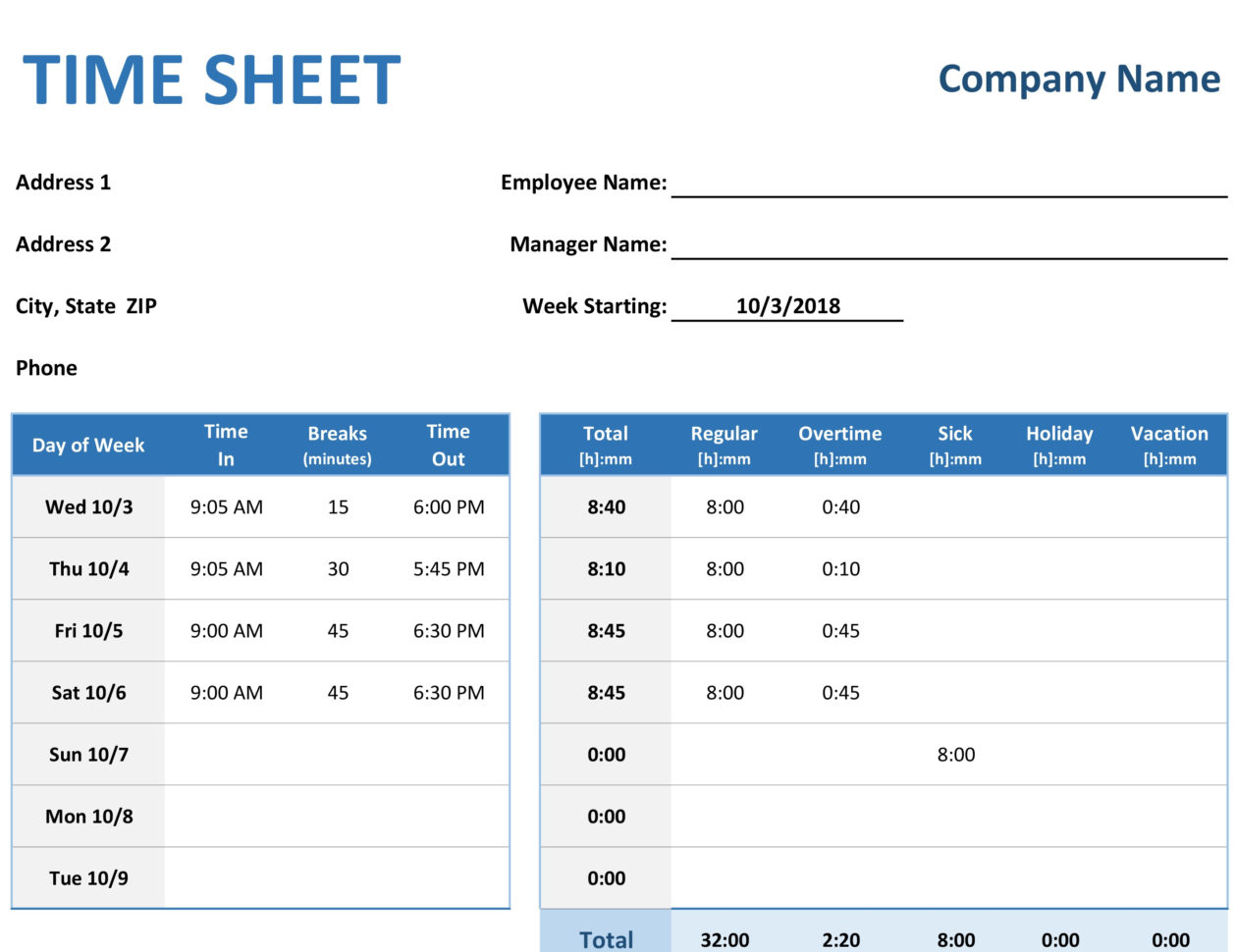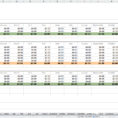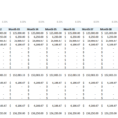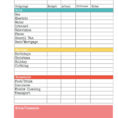There are plenty of software packages that will allow you to create a simple, yet effective, hourly time tracking spreadsheet. However, one of the key factors when creating a time sheet is to have an effective notation system. If the time sheet notes are not written clearly, it could result in accounting errors and a wasted staff time.
Here is how to create an effective note system for your time sheets. You should start by writing down exactly what is required by your staff, including a description of the task. Write down these descriptions in a specific format so that they can be easily found in the future.
Entry point must be indicated for each task. This could be the time each item is entered in the computer system, or if this is easy for the employee to do, then write it down on the desk. It could also be more clear if each task is marked with a chalkboard.
How to Make a Simple, Yet Effective Time Tracking Spreadsheet
Next, decide the type of task that needs to be documented. Do you want it recorded through E-mail, telephone, or oral communication? You can write this down in a variety of ways.
The last step is to write down the notation used for the task. This could include instructions, reminders, delivery instructions, products purchased and quantities ordered, dates and times of meeting or other events, and so on. You can also indicate the need for detailed work instructions, time clocks, calendars, invoices, order types, and procedures to follow if the employee cannot do the task directly.
Employees can be charged for a range of tasks that they can complete. You can create a billing option for all employees and assign employees to their own section within the daily work plan. They will receive a billing reminder every day. These reminders will provide them with information on how much time they have to do, what the estimated completion time is, and how many hours they have left to complete the task.
Another important note, you can create custom tasks that reflect individual characteristics and requirements. For example, if your employee has a particular “style” of dealing with a job, you can set up a different note for him. You can even get them to complete some items by giving them specific tasks to complete.
The above tips apply to many management programs, such as Basecamp, Braintree, and ZenDesk. Employee management programs like Core Business Intelligence Suite and WorkQuc are becoming popular because they offer specific features for managing tasks. This means you can create a spreadsheet program that can track everything from tasks to earnings.
Because it tracks everything, you can always check to see how your employee’s ability to do certain tasks is improving. And if you need to make some changes to the schedule, you can simply enter the new task in the spreadsheet will automatically update itself to reflect the changes.
Now that you know how to create an efficient employee management program, you may be wondering what is involved in actually using it. The first thing you must do is find an easy to use database to store all the task data.
After you have created a database, you should take a thorough survey of all your employees. You will then use the database to store information about the tasks that they have completed for the previous week.
Once you have a list of completed tasks, you can begin to log the details of each task. Create a small “task editor” on the site, and then use the browser tool in order to enter each task. The spreadsheet will then automatically be synchronized with your system. SEE ALSO : hour tracking spreadsheet
Sample for Hourly Time Tracking Spreadsheet







